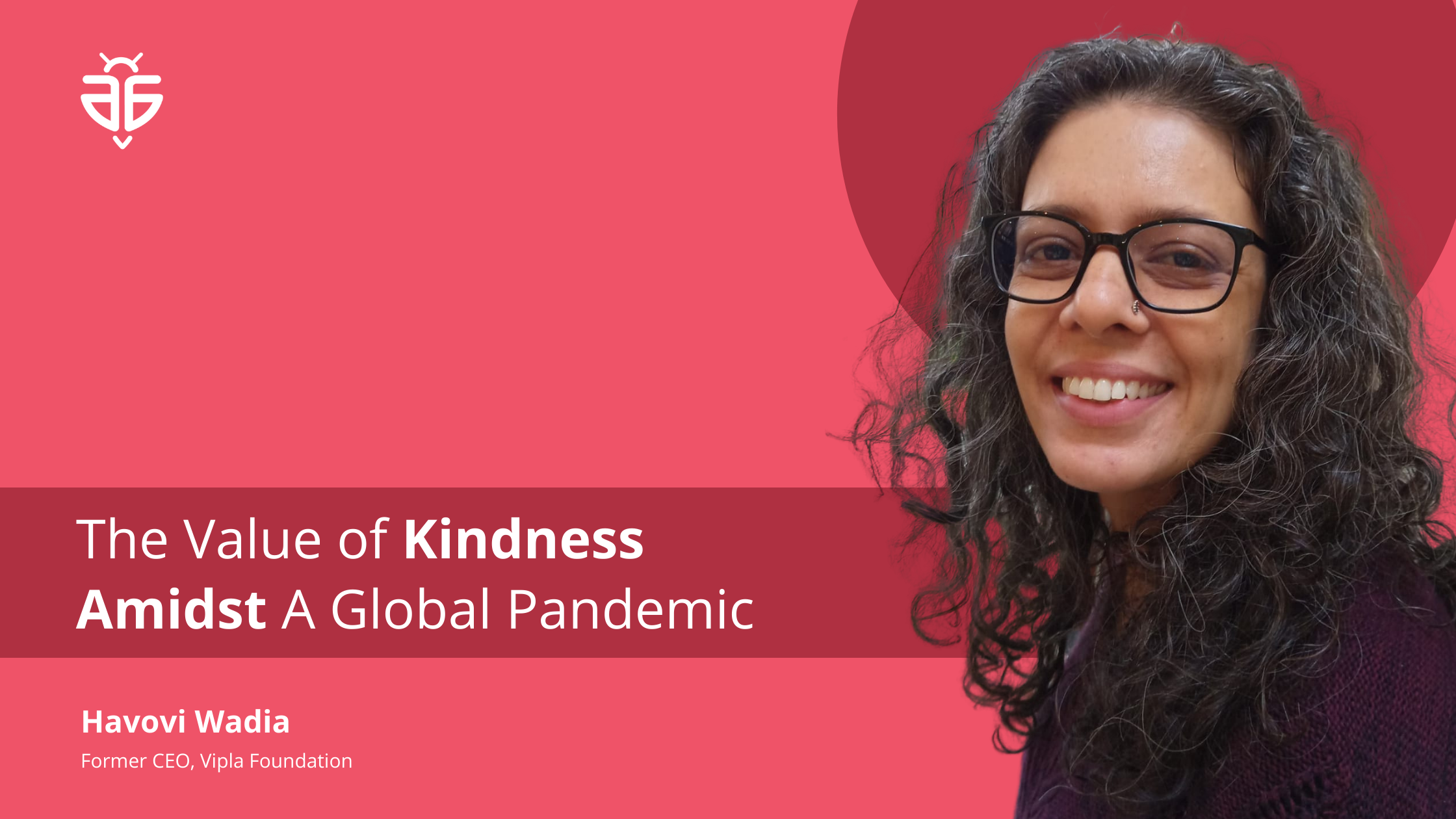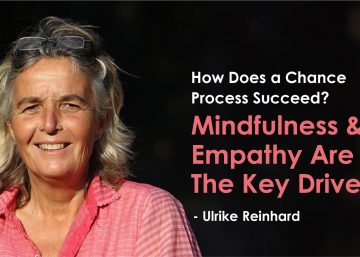It has taken a pandemic of the proportion of Covid-19, to make it okay to be kind in the twenty-first century. An increasingly management-studies governed development sector and the growing influence of what is loosely called ‘corporate culture’ had much of the Nonprofit sector scrambling after better fundraising, better communications, increased productivity, matrices for everything. None of this is essentially a negative influence but together the climate it created was one where people and the field tended to come second to other things.
The Coronavirus and the lockdowns created a situation where people took center stage once again. Their well-being, feeling of worth, and contribution are everything. If we knew and understood our people we were able to respond; if we didn’t it was much harder.
In their beautiful book, On Kindness, Adam Philips and Barbara Taylor (2010) wrote that kindness denotes what the Victorians thought of as ‘open-heartedness’ – ‘the sympathetic expansiveness linking self to others.’ Quoting from their book, and explaining why being kind was not ‘cool’ for so long, Maria Popova (writer, poet) writes, “open-heartedness is impossible without vulnerability” and so “the original meaning of and longing for kindness has been calcified by our impulse for armoring and self-protection.”
Philips and Taylor further wrote, “…it is only between parents and children that kindness is expected, sanctioned, and indeed obligatory…If we think of humans as essentially competitive, and therefore triumphalist by inclination, as we are encouraged to do, then kindness looks distinctly old-fashioned…”
In 1897 Savitribai Phule had worked tirelessly to support people infected with the Bubonic Plague. The story is that she lost her life in carrying a young child from Mundhwa to her son’s clinic on the outskirts of Pune. Over the last 18 months, we have witnessed many such acts of kindness by everyday people – teachers who retained a sense of humor and empathy to children who were struggling to stay focused in an online class, field workers who wore double masks and gloves in the searing May heat to distribute rations to communities that need them, finance and admin teams juggling poor internet connections to ensure payments were made on time to vendors so that relief work could continue, vendors offering to shoulder the cost of transport…there are countless such examples.
In one case, someone came to us through one of our partner organizations that work in Goregaon. The person was in Sion and needed a ration for 10-12 families. When our Administration lead called him he explained, “It’s not for me, ma’am. My family and I are fine since I drive a tempo. But there are people in my chawl who are very old and there is no one to take care of them. I’m asking for them.” The next day our Administration Head had managed grocery kits and they were taken and distributed to those that needed them. This young man did not need to go out of his way – there was no gain in it for him. Yet this act of kindness is one of the enduring memories we have of that difficult period.
Across our programs, we were witness to strained family relationships – where meals were a challenge, paid work was non-existent and families were rapidly running out of options. In these situations, we witnessed a reverse of the parent-child kindness relationships. We saw adolescents manage younger children so their mother could get an hour of rest, children share their work with their parents to try and help them think of other things – small gestures of sensitivity that made things bearable.
Had the discourse remained ‘triumphalist’ in homes and communities, we may not have been able to emerge as strong and together. It is old-fashioned kindness that got us through.
(The author is a renowned academician, social worker and former CEO of Vipla Foundation, erstwhile “Save The Children India”)







